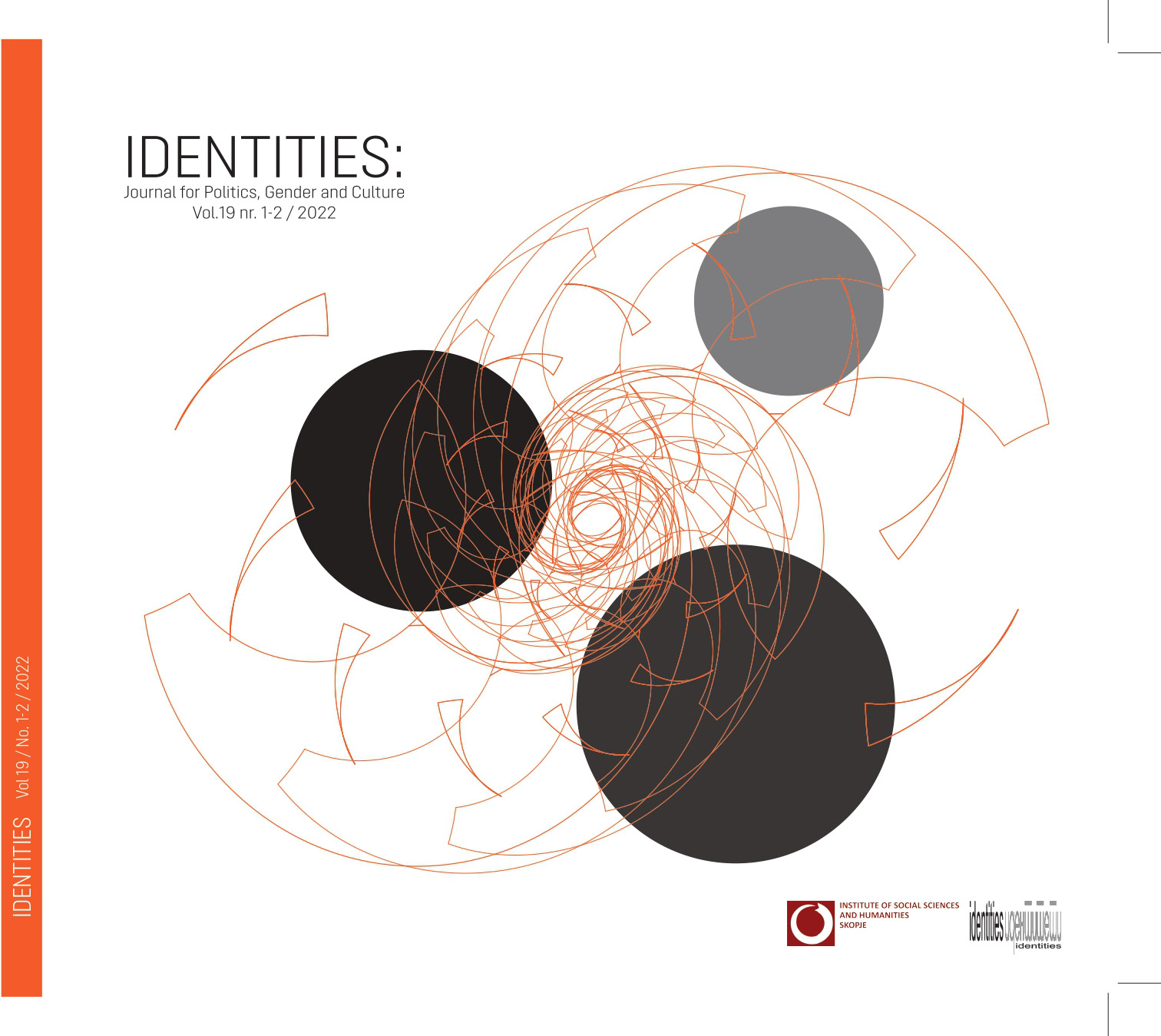The Withering away of which State?
DOI:
https://doi.org/10.51151/identities.v19i1-2.504Keywords:
materialism, state, post-capitalism, anti-idealismAbstract
Communism and the state share, historically, an intrinsic link, so much so that, at least in North America, state control, totalitarianism, and communism have become practically synonymous with each other in general parlance. Marx, and countless Marxists after him, however, advocated for the disappearance of the state, taking aim at the state’s role, and complicity in, forwarding and perpetuating class inequalities, and the entire structure of capital itself. In this same sense, the state can be seen as a form of meta-structure, reinforcing through law, force, and ideology, the internal logic of capitalism itself. Thus, while also exploring what the state as such is, this talk will ask: what then does the disappearance of the state mean today, how do these forms of hegemonic control function across a wide range of variegated contexts, and through what modes can we resist them?
Author(s): Zachary De Jong
Title (English): The Withering away of which State?
Journal Reference: Identities: Journal for Politics, Gender and Culture, Vol. 19, No. 1-2 (2022).
Publisher: Institute of Social Sciences and Humanities - Skopje
Page Range: 48-56
Page Count: 8
Citation (English): Zachary De Jong, "The Withering away of which State?,” Identities: Journal for Politics, Gender and Culture, Vol. 19, No. 1-2 (2022): 48-56.
Author Biography
Zachary De Jong, Institute of Social Sciences and Humanities, Skopje
Zachary De Jong is a researcher and graduate student at the Institute of Social Sciences and Humanities, Skopje. His research is focused on examining Marxist and materialist conceptions of what a post-capitalist or communist society could look like going forward. He has published an article on this topic entitled: “Reimagining the Oikos” (Identities: Journal for Politics, Gender and Culture).

Downloads
Published
How to Cite
Issue
Section
License
Copyright (c) 2022 Identities: Journal for Politics, Gender and Culture

This work is licensed under a Creative Commons Attribution-NonCommercial-NoDerivatives 4.0 International License.
Identities is published under the following license: Creative Commons Attribution-NonCommercial-NoDerivatives 4.0 International (CC BY-NC-ND 4.0). Under this license, users of our content must give appropriate credit to authors and source as well as indicate if changes were made, cannot be used for commercial purposes, and, in the instance that it is built upon or transformed, may not be distributed. For Identities, the copyrights allow the audience to download, reprint, quote in length and/or copy articles published by Identities so long as the authors and source are cited. For more information on our license, see the following: https://creativecommons.org/licenses/by-nc-nd/4.0.








